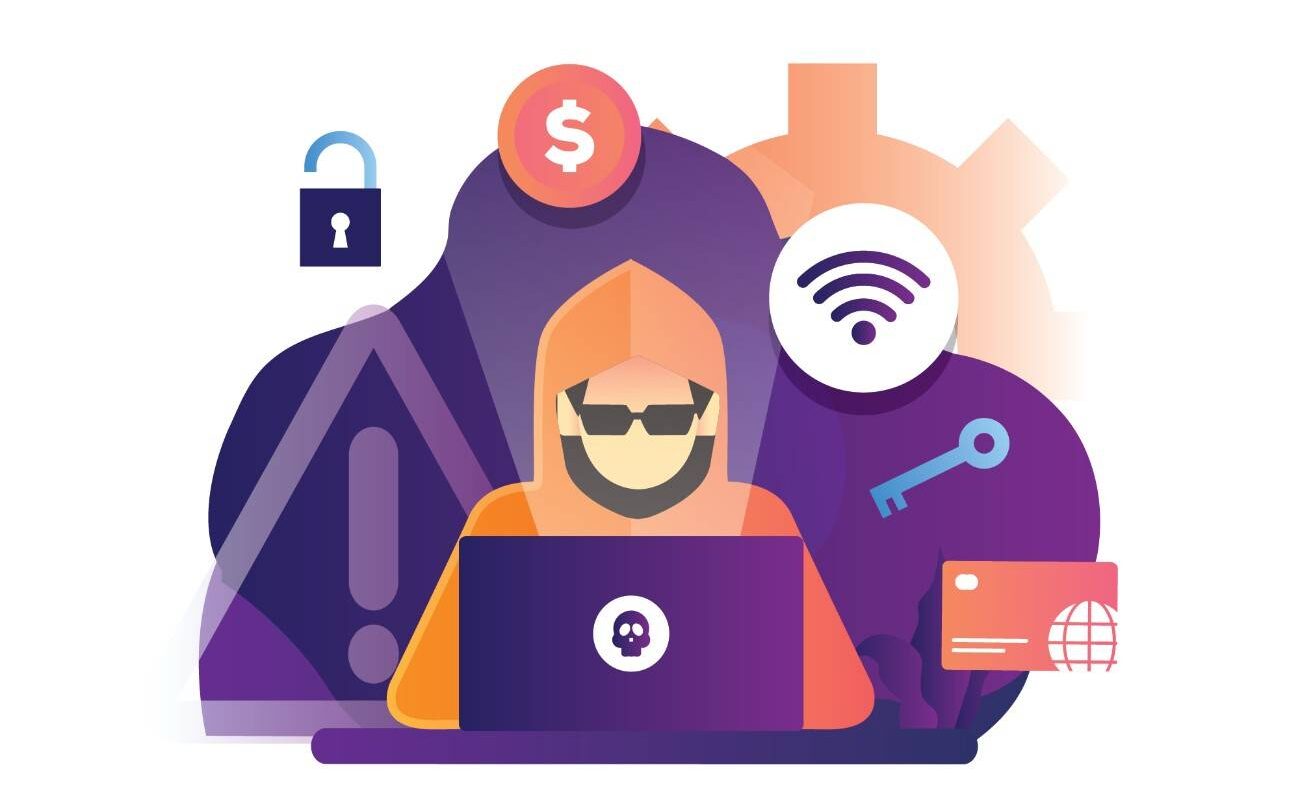In recent years, the term “hacker” has gained a negative connotation, often associated with cybercrime and malicious activities. However, there’s a side to hacking that is not only legal but also essential for ensuring the security of computer systems and networks. This ethical side of hacking is known as ethical hacking, and it plays a crucial role in safeguarding our digital world.
What is Ethical Hacking?
Ethical hacking, also known as penetration testing or white-hat hacking, involves legally breaking into computers and devices to test an organization’s defenses. Ethical hackers use the same methods and techniques as their malicious counterparts, but with one key difference: they do it with permission.
The Role of Ethical Hackers
Ethical hackers are employed by organizations to identify vulnerabilities in their systems before malicious hackers can exploit them. By proactively identifying and fixing these vulnerabilities, ethical hackers help to strengthen the overall security posture of the organization, protecting sensitive data and preventing costly data breaches.

Ethical Hacking Methodology
Ethical hackers follow a structured approach to identify and exploit vulnerabilities in a system. This methodology typically involves the following steps:
- Reconnaissance: Gathering information about the target system or network.
- Scanning: Identifying open ports, services, and potential vulnerabilities.
- Gaining Access: Exploiting vulnerabilities to gain access to the system or network.
- Maintaining Access: Establishing persistence to maintain access for future exploitation.
- Covering Tracks: Removing any evidence of the attack to remain undetected.
explore three various types
Certifications in Ethical Hacking

Certified Ethical Hacker (CEH)
Offered by the EC-Council, the CEH certification is one of the most widely recognized certifications in the field of ethical hacking.

Offensive Security Certified Professional (OSCP)
Offered by Offensive Security, the OSCP certification is a hands-on certification focused on penetration testing skills.

Certified Information Systems Security Professional (CISSP)
Offered by (ISC)², the CISSP certification is an advanced certification for experienced security practitioners.
Tools of the Trade
Ethical hackers use a variety of tools and techniques to carry out their work. These include:
- Nmap: A powerful port scanning tool used to discover open ports and services on a network.
- Metasploit: An open-source framework for developing and executing exploit code against a remote target machine.
- Wireshark: A network protocol analyzer used for troubleshooting, analysis, development, and education.
- Burp Suite: A set of web application security testing tools, used for scanning web applications for security vulnerabilities.
Conclusion
Ethical hacking plays a crucial role in ensuring the security of our increasingly digital world. By identifying and fixing vulnerabilities before they can be exploited by malicious hackers, ethical hackers help to protect sensitive data and prevent costly data breaches. If you’re interested in pursuing a career in cybersecurity, ethical hacking is definitely a field worth exploring.

